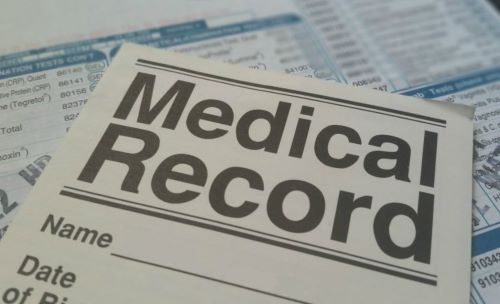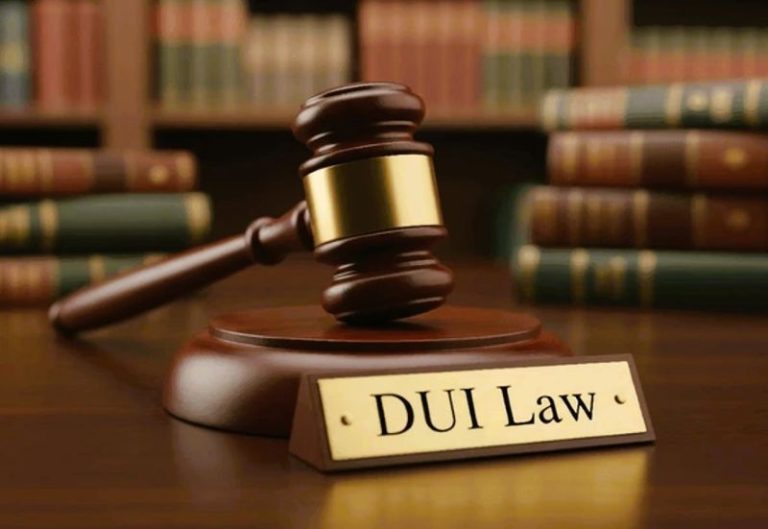

Since Florida is a hub of activity, ranging from tourism to manufacturing and shipping, injuries will likely occur in different parts of the state, including Brooksville. This is because several crucial industries in Brooksville draw workers from far and wide. Given the congregation of people, personal injury cases are quite common in the region. Hence, if you or a loved one have been injured due to someone else’s negligence, consult personal injury lawyers in Brooksville, FL, to get you the restitution you deserve.
You need competent legal aid because a car accident, medical malpractice, or slip and fall can be complicated to win in court. These are a few examples of the types of injuries handled by attorneys who practice personal injury law. One critical component that plays a key role in such cases is the use of medical records. It provides evidence of your injuries and treatment, which can help establish liability and determine settlement amounts. However, deciphering these documents and leveraging them effectively is challenging for the untrained eye. This is where experts come into play.
The Importance of Medical Records
Medical records are essential evidence that attorneys use when looking at a personal injury case. Experienced personal injury lawyer Darryl Isaacs can explain how insurance companies may argue that there is no way to confirm that the injuries exist or even happened if they don’t have proof from your medical documents. Furthermore, insurance adjusters frequently attempt to negotiate lower settlement offers by questioning claimants’ pain levels or arguing about unrelated pre-existing issues.
To establish damages in a personal injury case, you must demonstrate how badly someone was hurt or ill and how much the resulting harm cost. This includes expenses like any missed work (including future missed earnings), rehabilitation costs (such as physical therapy), mental health counseling, and payments for home modifications necessitated by disabled conditions. Therefore, accessing all available medical information following an accident is necessary to avoid leaving any stone unturned during evidence collection.
Getting Your Hands On Your Medical Record
An important thing involved parties needs to understand how they can get their hands on these critical documents’ copies. Generally speaking, patients have far-reaching privileges when receiving copies of their files compared with others requesting access for various reasons – but specifics vary from state to state.
You should start by contacting whichever provider initially treated you after sustaining injuries; they’ll have the most information about every aspect surrounding your treatment plan). Then collect all documents like MRI scans taken soon after your accident because they can prove very helpful in establishing the severity of your injuries.
Other relevant paperwork to collect includes hospital discharge summaries, insurance reports, intake forms, and notes from all consultations or treatments. These documents can help establish that you suffered injuries from the accident and inform attorneys how extensive medical bills might be.
Understanding Medical Records
Medical records contain plenty of important information critical to your personal injury case. Lawyers have a great deal of experience handling legal matters, so it can be very helpful if patients understand what’s in their records and know what to look for.
Before diving deep into how medical records are structured, there are some frequently used abbreviations that people encounter when they review these documents:
- H&P, which means history and physics.
- Dx stands for diagnosis.
- Tx refers to the treatment.
- ROS refers to reviewing symptoms.
- PMH for Past Medical History.
Like other areas involving medicine, feel free to ask if you need to grasp anything and discuss directly with an experienced attorney or healthcare provider who handles personal injury cases professionally.
The Role of Medical Experts
Experts hold an essential role in interpreting these complex documents. Their expertise allows them to sift through pages of intricate medical jargon to identify critical information that could significantly impact a case’s outcome. Experts proficient in medical terminology can accurately decode complex language within these records. This understanding ensures that crucial details are noticed and understood, which could be beneficial if understood.
Experts can offer insight into whether appropriate care was provided by evaluating treatment plans and prognoses outlined within the records. Additionally, they can estimate potential future costs associated with ongoing treatment or rehabilitation needs. An expert’s keen eye can spot mentions or indications of pre-existing conditions which may influence a claim’s validity or compensation amount. For instance, if an individual had a prior condition exacerbated by their accident-related injuries.
Finally, experts assist attorneys in estimating fair damages based on their interpretation and analysis of these records, including economic (medical bills) and non-economic damages (pain and suffering).


